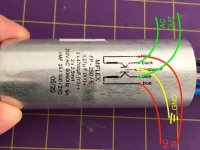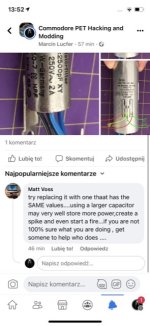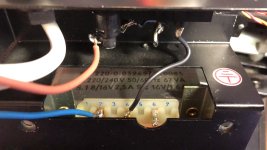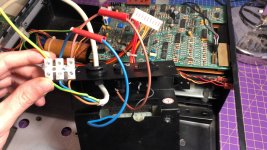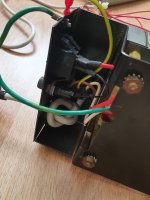lucyferpl
Member
Hello,
My station after 5-10 minutes of switching on begins to generate high-pitched sounds typical of a giant transformer.
I decided to replace the capacitor filter in it. Unfortunately I was not able to find a capacitor filter with the same parameters as the original one. So I bought a much bigger one. Can this fact cause any problems?
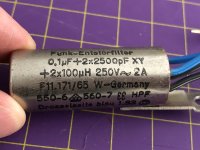
Original
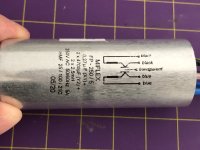
replacement
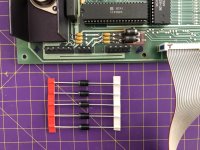
Also, on the motherboard I noticed that cr5 and cr6, which contain 200v and 2A rectifier diodes are blackened (from temperature?) so I decided to replace them with 800v and 3A and here the same question: Can this fact cause any problem?
I also thought about replacing the LM323K transistor from 2A to 3A
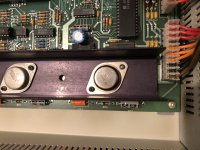
If any of you have any advice, please let me know.
My station after 5-10 minutes of switching on begins to generate high-pitched sounds typical of a giant transformer.
I decided to replace the capacitor filter in it. Unfortunately I was not able to find a capacitor filter with the same parameters as the original one. So I bought a much bigger one. Can this fact cause any problems?

Original

replacement

Also, on the motherboard I noticed that cr5 and cr6, which contain 200v and 2A rectifier diodes are blackened (from temperature?) so I decided to replace them with 800v and 3A and here the same question: Can this fact cause any problem?
I also thought about replacing the LM323K transistor from 2A to 3A

If any of you have any advice, please let me know.

